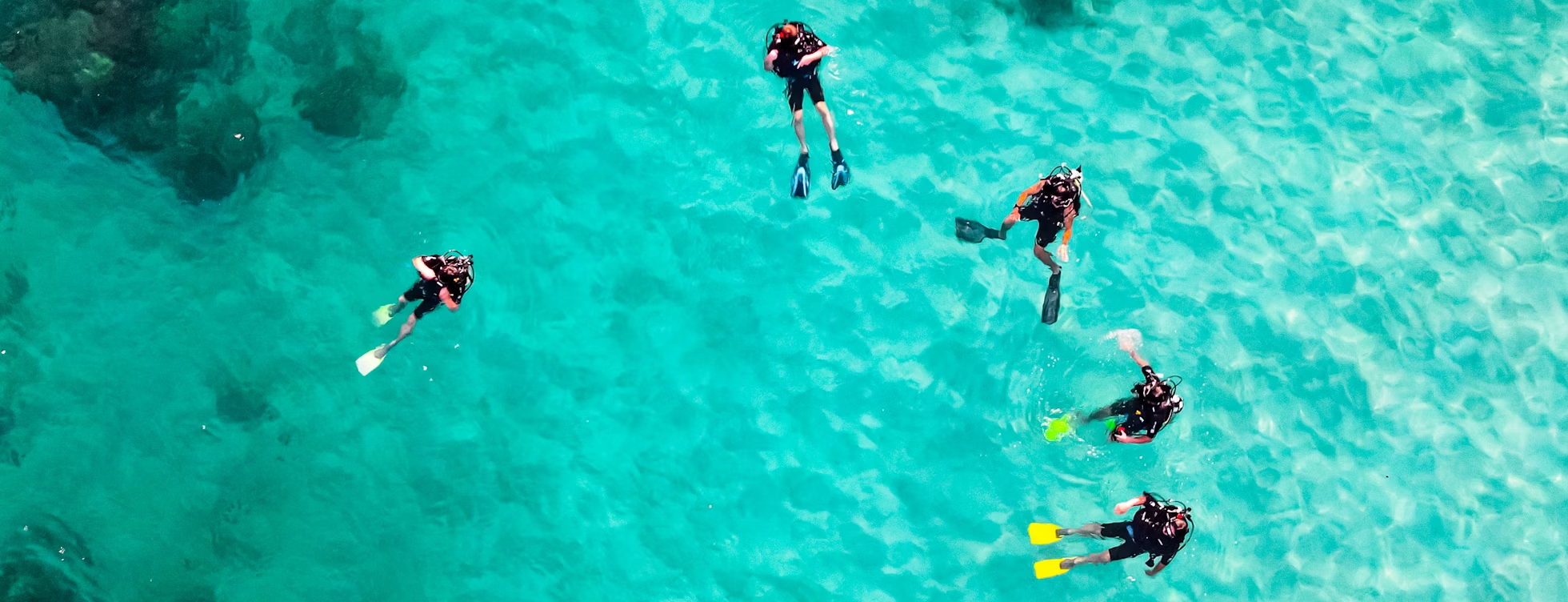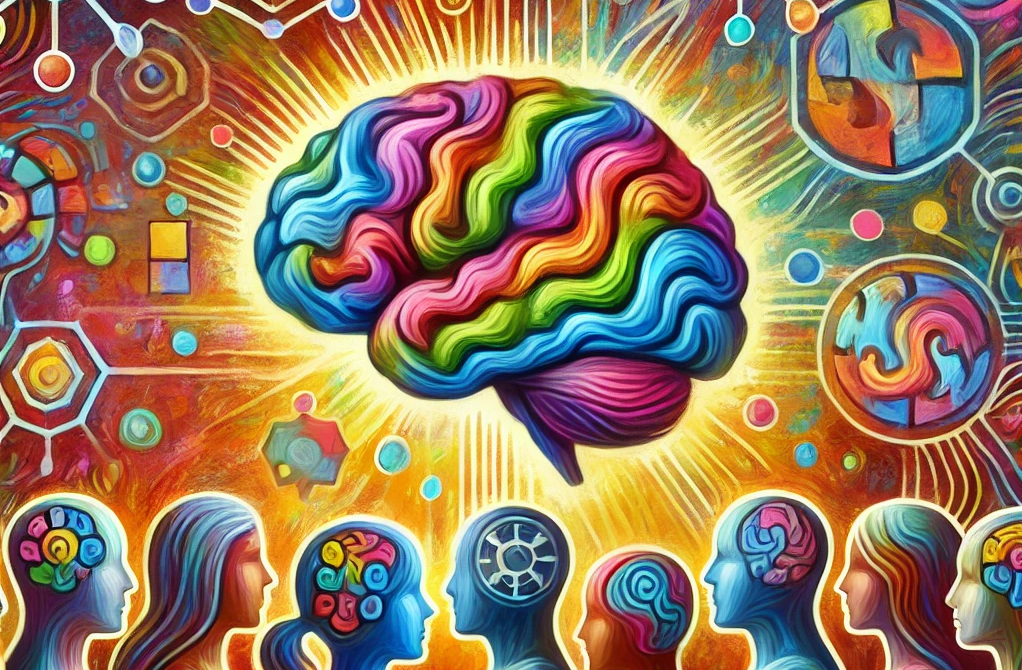ADHD & AUTISM
Neurodiversity and Diving

What is neurodiversity?
It is understood that the terms neurodiversity and neurodivergence cover a wide range of disorders, disabilities and conditions. The umbrella term can also be neurodevelopmental disorder, learning/developmental disorder or developmental disability.
Dyspraxia and dyslexia
Stand alone dyspraxia and dyslexia does not need to be declared on the medical screening questionnaire before diving.
However, dyspraxia can include delays and/or impairments in motor co-ordination, movement, balance, learning, organisation and planning. It is possible such impairments may impact the person’s ability to perform some aspects of scuba diving in an accurate and timely manner.
Each case should be assessed on its own merits with regard to the degree of disability and the potential impact on diver safety and ability to care for one’s buddy. The degree of disability can be highly variable between individuals. However, individuals maybe more adept than average in some tasks.
Attention Deficit and Hyperactivity Disorder (ADHD)
Diving is not advised in the event of poorly controlled ADHD symptoms. Even if medication controls ADHD satisfactorily, diving is not advised if symptoms return as the medication wears off between doses (a phenomenon known as rebound, which sometimes presents with more severe symptoms than usual), unless the periods of good control can be predicted with certainty and diving is only undertaken within those periods. The effect of time zone changes must, therefore, be considered very carefully when travelling prior to diving.
New to diving: screening and advice
Established experienced divers who are on no medication and are having no problems diving need not contact a dive doctor for advice.
However, if you are new to diving and have ASD/ASC (autism spectrum disorder/condition) or ADHD and answer yes to any of the following questions then you need to consult a dive doctor prior to your course:
- Do you have any difficulty in understanding, concentrating and/or attending adequately to relevant information/stimuli in the environment?
- Do you have problems with time management skills?
- Do you have any problems with memory?
- Do you have co-occurrence of ASD/C and ADHD?
- Do you also have a diagnosis of learning disability?
- Do you also have a diagnosis that includes significant speech or language
impairment? - Do you also have any other psychiatric diagnoses (including mental health & personality disorders)?
- Do you require support or adaptations in employment or education?
- Do you have a history of impulsiveness?
- Do you have a history of substance misuse (including alcohol)?
- Are you on any medication for your condition?
If you answer yes to any of these questions then you may need to see the doctor face-to-face for a medical assessment.
Those newly diagnosed or who have not yet developed effective compensatory strategies may have more difficulty in meeting the standards for fitness to dive. If there are any concerns the dive doctor may ask for more information from the doctor who diagnosed you ASD/ASC or ADHD.
Depending on your needs adjustments or restrictions on your diving may be required such as no “no clear surface” diving, no decompression diving or only to dive with more than one experienced buddy.

Medications
Established divers on medication will need to contact a dive doctor and will need to declare the medication name(s) and dose(es) and to either state there are no side effects or to describe any side effects if they occur. A depth limit of 20 metres may be advised depending on medication taken to minimise the risk of DCI and the slight theoretical risk that some drugs might increase narcosis.
Only a single psychotropic medicine (a medicine which affects how the brain works) is allowed as more than one psychotropic medicine will increase the risk of potentially dangerous side effects whilst diving such as susceptibility to narcosis. The individual should be compliant with medication and therapy.